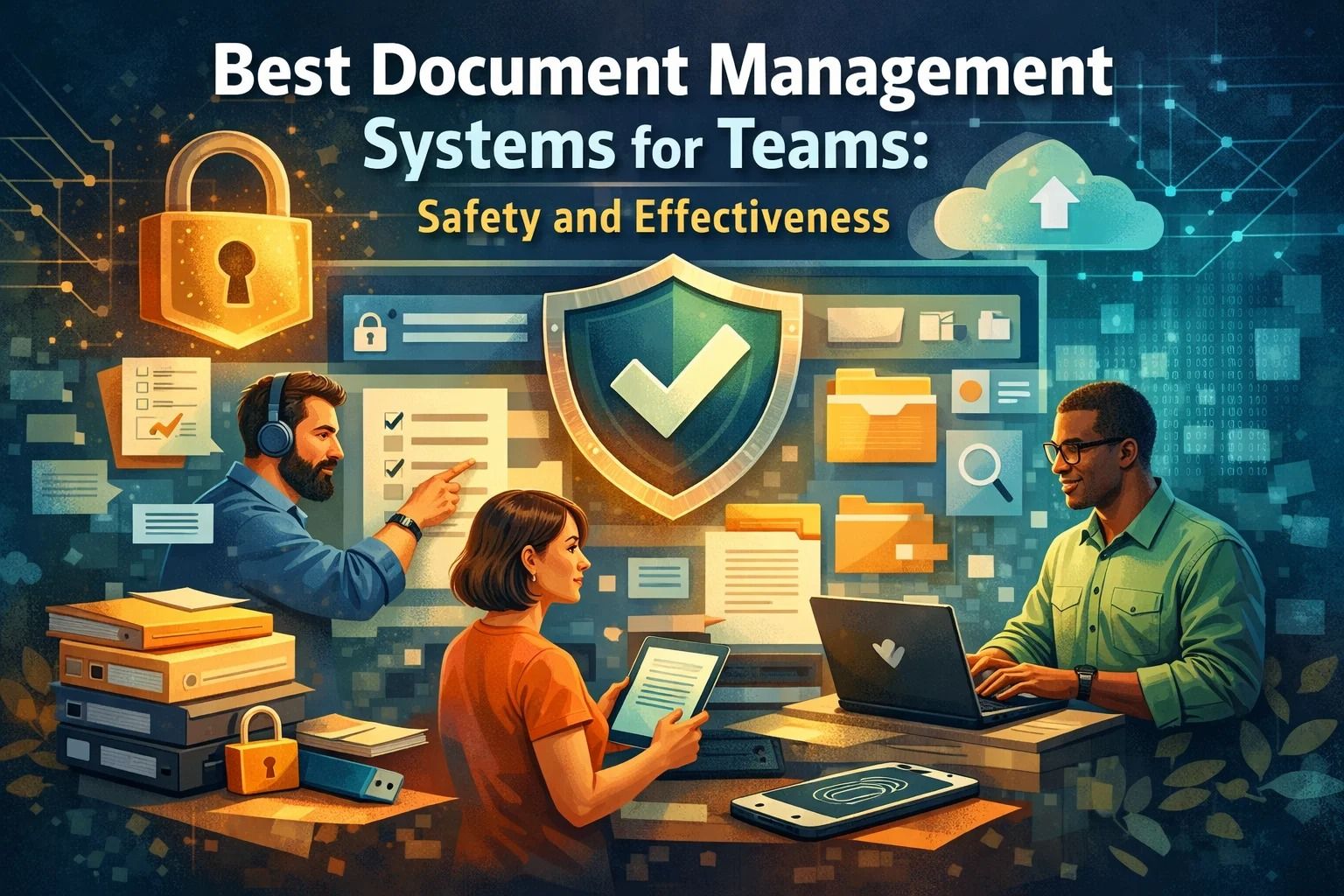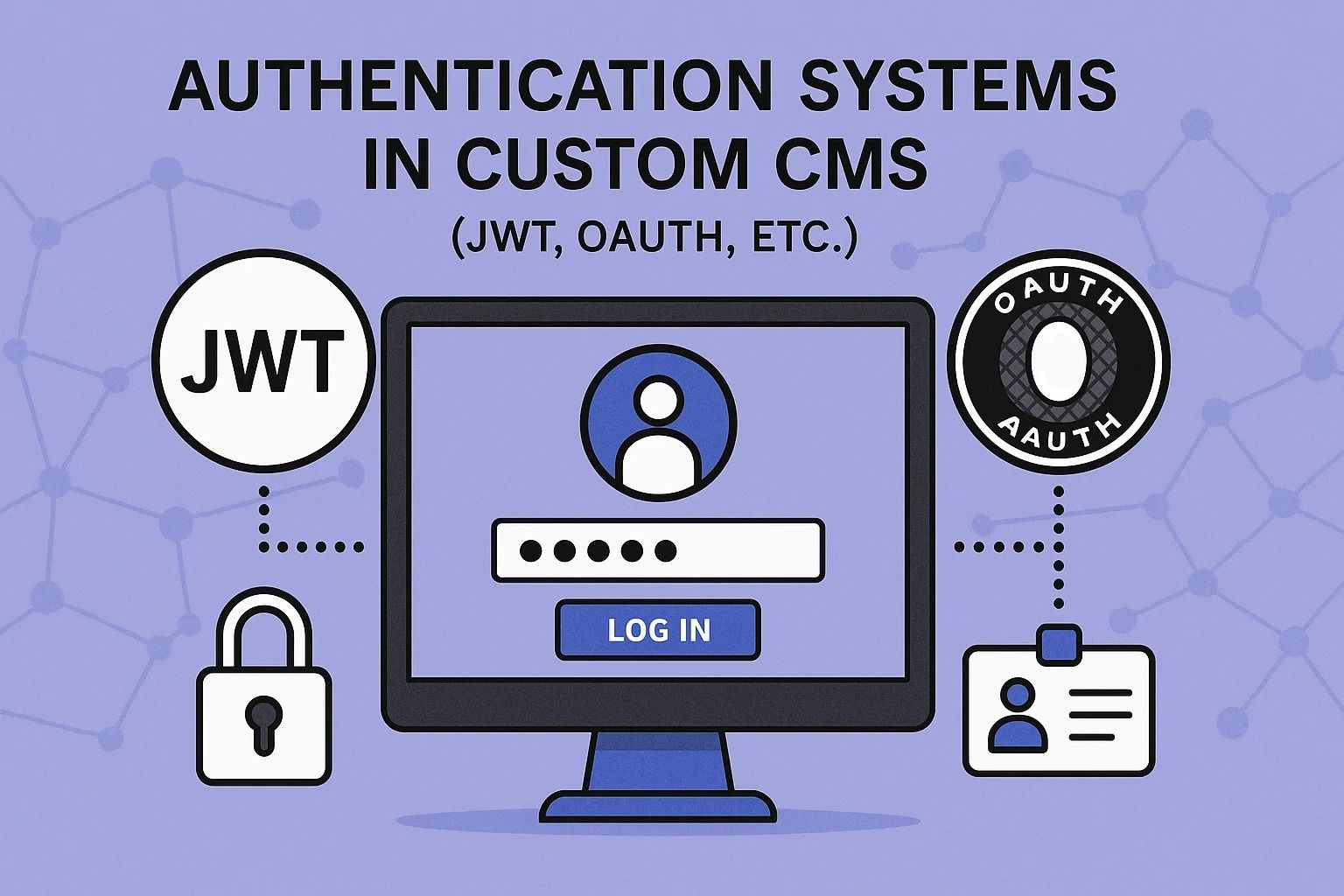
Is Multi-Accounting Worth the Risk? Pros, Cons, and Ethical Questions
Making Sense of Multi-Accounting in Crypto
In the fast-paced world of cryptocurrency, traders and enthusiasts are always looking for ways to boost their profits. One divisive but increasingly common practice is multi-accounting: the use of multiple accounts on a single platform to find an edge. Whether it’s bypassing restrictions, doubling rewards, or mitigating risk, multi-accounting is a topic of strong opinions—among crypto users, exchanges, and regulators alike.
Definition: Using multiple user accounts on a crypto exchange, wallet, or platform, usually against terms of service.
While some will argue it’s just “playing the system,” others will point to significant risks, such as account bans, frozen funds, and even legal consequences. Knowing what you’re up against with multi-accounting is essential for those participating in today’s decentralized financial world.
Reasons Why Multi-Accounting Happens
At its simplest level, the reasoning behind multi-accounting is clear: users think it will give them access to more than they would through a single account. Here are the most compelling reasons:
- Bonus Farmers: Generous welcome bonuses, airdrops, and referral rewards are offered by many exchanges. Creating multiple accounts lets a user take advantage of these offers multiple times.
- Lower Chance of Getting Banned: Some traders keep spare accounts in case one gets flagged or suspended so they can keep trading without interruption.
- Double Farming: Using multiple accounts lets farmers double-dip on offers that require trades to unlock bonuses or rewards.
- Exploiting Loopholes: Smart traders exploit bugs, kinks, or loopholes that let them take better advantage of a platform’s offerings.
- Arbitrage: A multi-accounter may use two accounts to place opposing orders on a volatile pairing (i.e. a user may use two accounts on an exchange to offset a loan on one account with a short on another). This can also include taking advantage of spreads between different accounts at different prices on the same platform.
- Bypass Limits: Many platforms impose daily withdrawal or trading allowances that limit how much a user can move or transact. Multi-accounting lets users multiply their allowances. For example, a platform allows a $300 withdrawal. If a user creates 10 accounts, they can withdraw $3000 in a day.
- Farm Setups: In the most extreme cases, complete crypto farms are created. These farms are made up of dozens or hundreds of accounts that are run using proxies, VPNs, and tools that let a single user mimic different user identities.
Example
Airdrop campaigns for most new DeFi and web3 projects will have thousands of “farmers” creating large networks of accounts. The long-term net gain for the user always increases, but they devalue the prospective reward for the real users who earn a spot in these campaigns. This failure eventually forces projects to add or evolve anti-Sybil mechanisms.
Multi-Accounting Tools
Those trying to operate multiple accounts usually have some tools and tricks to make it easier. Depending on the user, their setup can range from simple tools to something more elaborate:
| Tool/Method | Purpose |
|---|---|
| VPNs & Proxies | Mask IP addresses to make each account look unique. |
| Virtual Machines | Keep accounts isolated and prevent platforms from tracking users through cookies or device IDs. |
| Automation Bots | Complete repetitive actions across multiple accounts, such as trading, harvesting rewards, or farming tokens. |
| Dedicated Devices | Some advanced farmers use extra phones, tablets, or PCs to run accounts on multiple devices simultaneously. |
| Identity Workarounds | Rented or bogus KYC documents are sometimes used when platforms require identity verification for farmers. |
Warning: Most of these methods and tools directly violate exchange terms of service. When caught, accounts can be permanently banned or confiscated, including funds.
Multi-Accounting vs. Exchange Security
Exchanges and platforms are not blind to this practice. Plenty of exchanges have invested over the years to develop complex technologies meant to detect and stamp out this practice. Security teams use tactics such as:
- Device Fingerprinting: Identifying accounts using the same device or browser configuration.
- IP Tracking: Flagging accounts with repeated logins from the same or suspicious range of IP addresses.
- KYC Verification: Forcing identity checks on users through KYC to ensure each user can have unique participation.
- Behaviour Analysis: Detecting and tracking certain patterns in trading, deposits, or withdrawals that hint a single user is controlling multiple accounts.
Despite these efforts, the back-and-forth between exchanges and multi-account users has been an ongoing game of cat-and-mouse. Some users successfully control multiple accounts for months or years. Others get banned within days.
Red Flags
It’s worth mentioning that the game doesn't always end in an outright ban. Sometimes, suspicious activity triggers limitations such as:
- Withdrawal delays
- Asking for extra KYC verification
- Account freezes
- Being ineligible for bonuses or promotions
Takeaway
Although the rewards may seem enticing, the dangers of multi-accounting begin long before an outright ban. Even the smallest inconveniences can come with a cost that results in financial loss and wasted time and effort.
Related Article
If you are exploring methods for how to manage crypto assets, check our article on the setups and tools for multi-accounting which covers more technical aspects of multi-accounting.
Risks, Challenges, and Legal Issues of Multi-Accounting in Crypto
Although multi-accounting in crypto may offer some short-term bugbears like bonus farming or airdrop maximization, it incurs serious risks and ethical issues. This section discusses dangers freelancers, traders, and enthusiasts encounter when opting to manage multiple accounts on exchanges, wallets, or blockchains.
Alert: Most reputable exchanges such as Binance, Bybit, and Gate.io disallow multi-accounting. Breaking this rule usually results in account banning and freezing of assets.
1. Exchange Policies and Legal Liabilities
Centralized exchanges (CEX) wholesomely adopt strict Know Your Customer (KYC) measures. Applying multiple accounts warrants forged documents, VPNs, or proxy services, all of which usually entail fraud. If discovered, exchanges may not only freeze accounts but report activity to authorities. With crypto compliance becoming ever more stringent globally by 2025, the chance of legal liabilities is far more serious now than a few years ago.
- Account banning: Users discovered multi-accounting usually lose access to funds.
- Anti-money laundering investigations: Suspicious activity would generally warrant Anti-Money Laundering checking procedures.
- Tax report: Multi-account activity may snowball complexities in tax declaration, particularly within the US and EU regions.
2. Moral Issues and Community Impact
Multi-accounting is not only problematic for exchanges—it also harms the community. Airdrops and bonus schemes are designed to reward real users, not bot farms and fake accounts. Once individuals abuse these systems, the rewards for real participants dwindle, and projects lose all sense of credibility.
Case Study: During several DeFi airdrops running from 2021-2023, large farms of accounts claimed the majority of rewards, leaving smaller users next to nothing. As a result, this leads to backlash against the instance projects themselves.
3. Security and Privacy Issues
To tackle multi-account management, users often rely on automation tools, proxy networks, virtual machines. All of which raises the potential risk of data leaks and account hacking. Acquiring or renting KYC-verified accounts also subjects traders to scams. Many vendors resell accounts repeatedly—thereby duping buyers of worthless logins.
Furthermore, multitasking large farms of accounts adds up operational load. Users need to keep track of IP addresses, device fingerprints, browser sessions, and wallet transactions. Just one error in separating accounts (e.g., logging into two accounts under the same IP) will cause the entire operation to be leaked.
4. Regulatory Trends Contributing to Post-2025
By 2025, regulators invested much effort forcing exchanges to comply with relevant rules. Examples include:
- European Union (Regulation MiCA): Forces activities on crypto platforms to report any suspicious multi-account activity.
- The US: Tightened up IRS monitoring on cryptocurrency transactions, linking multiple wallets to single taxpayers.
- Asia (Singapore, Hong Kong): Adopted stricter licensing policies on exchanges, preventing unverified accounts altogether.
As regulations spread out, the time that allows anonymous multi-accounting grows shorter. Whereas decentralized exchanges (DEXs) are still not as heavily regulated, projects increasingly rely on wallet analytics & anti-sybil algorithms to detect farms.
5. Risks vs. Rewards
Multi-accounting can still be worthwhile, especially in airdrop hunting or referral farming; however, the risk-to-reward ratio can be worse than before. For every success story of a user making $10,000 from multiple airdrop wallets, many cases reported to have resulted in funds being accessed, account being frozen, and duped into scams buying fake KYC.
| Factor | Short-Term Gain | Long-Term Risk |
|---|---|---|
| Airdrops | High reward with multiple wallets | Projects blacklist suspicious addresses |
| Exchange bonus | Referral and sign-up rewards | Banned accounts, frozen withdrawal |
| KYC farming | Enables multiple CEX accounts | Fraud charge, identity theft |
Before opting for multi-accounting, crypto users should ask themselves the question: Is the short-term profit worth all long-term losses? In many cases, the answer is increasingly not likely.
👉 Curious to know more about risk with crypto strategy? Visit our guide on multi-accounting in crypto to find practical tips.
Strategies, Alternatives, and the Future of Multi-Accounting in Crypto
As multi-accounting becomes less secure, ethical alternatives and strategic methods are becoming important for crypto participants and dealers. This final part discusses safer methods to optimize rewards and remain within compliance while still enjoying the benefits of crypto promotions without violating exchange regulations or fearing account bans.
1. Prioritizing Legitimate Airdrops and Referral Programs
Rather than opening multiple accounts, users can concentrate on selected projects that offer real airdrops and referral rewards. Instead of depending on airdrops as the major incentive, many blockchain projects are focusing on community participation, governance, or staking to reward users. This reduces the opportunity for multi-accounting farms to exploit these promotions.
- Engage in educative campaigns or quizzes held by the projects.
- Participate in community governance and social media outreach for token rewards.
- Focus on long-term staking, not instantaneous airdrop chasing.
2. Automation Without Misuse
Advanced users can apply automation for managing legitimate trading or portfolio management through a single account or wallet while staying compliant with platform regulations. Tools like portfolio trackers, trading bots, and API tools greatly enhance the experience while ensuring compliance.
Example: Maintain a single account on exchanges like Bybit and automate trading methods via authorized API keys, therefore avoiding the risks of multi-accounting by farming.
3. Utilizing Decentralized Platforms Responsibly
Decentralized exchanges (DEXs) and blockchain-based referral networks can offer fewer restrictions than CEXs. Nonetheless, users must still respect the Sybil protection tools and avoid generating fake wallets on a large scale, as advanced analytics can track unusual behaviors.
Instead of using DEXs for abusing airdrops, consider:
- Providing liquidity legitimately to lending or trading pools.
- Joining governance or protocol proposal discussions for crypto rewards.
- Learning and earning via testnets or bug bounty programs.
4. Measuring Performance and Learning from Risks
For users who have engaged in multi-accounting or who want to optimize their participation in crypto projects, the emphasis should be on metrics and learning experiences. Keep wallets record logs, session activities, tokens earned, and compliance measures taken. Use this information to establish your technique and gradually improve your process, emphasizing safe methods over illicit shortcuts.
5. Practical Aspects of Multi-Accounting
Due to regulatory crackdowns and developments in anti-Sybil authorities, multi-accounting will be less practical in a few years. Projects more frequently adopt reputation systems or proof-of-personhood imperatives to guarantee users receive rewards that are honest and not inflicted by spammers.
Experts consider that, by 2026-2027, the majority of exchanges will utilize AI-based studies to auto-detect suspicious multi-account activities, making it virtually impossible to farm unethically. This new direction encourages users to travel more towards capitalizing on strong long-term approaches while becoming more selectively participative in crypto systems.
6. Ethical Aspects and Community Gains
Avoiding multi-accounting helps uphold trust and fairness in the crypto community. By acting ethically, users support:
- More accurate token distributions.
- Greater project credibility.
- A better community experience and ecosystem for all players.
✅ Suggested Alternative Sources:
- Best Airdrop Tracking Tools in 2025
- Insightful Multi-Accounting Hazards and Tactics
- Farming Alternatives for Crypto Users
In closing, while multi-accounting might offer alluring short-term profits, the ethical, legal, economic, and safety drawbacks are much larger than perceived advantages. By following legitimate methods, remaining compliant with exchange rules, and using automation within limits, crypto users maximize returns while safeguarding accounts and personal credibilities. Emphasizing education, community involvement, and practical participation is the most productive alternative in 2025 and beyond.

















